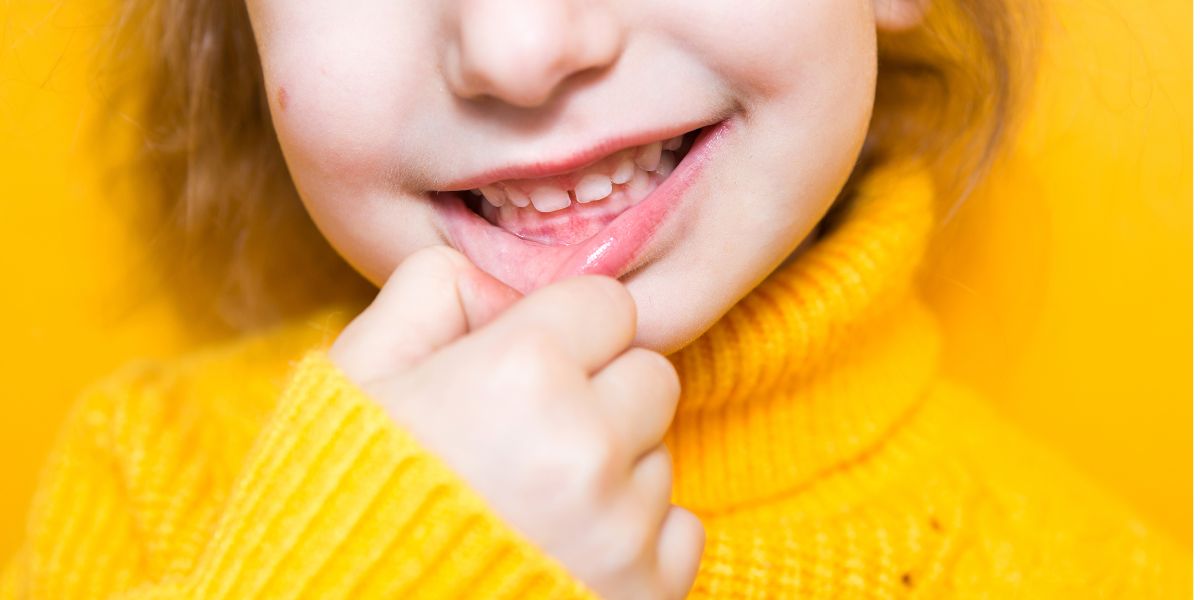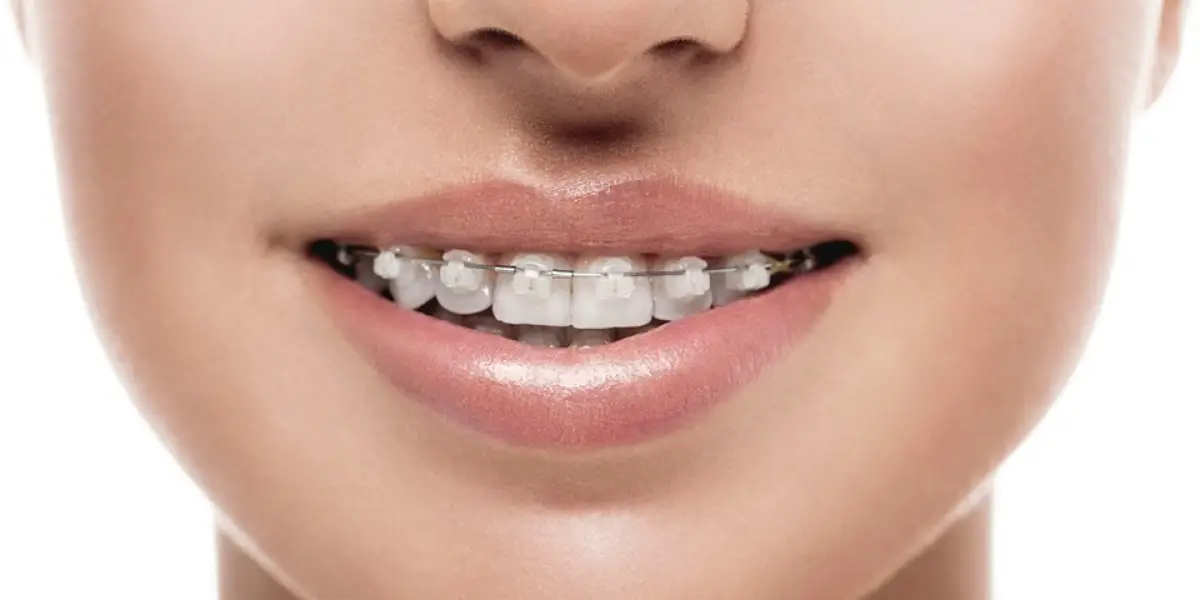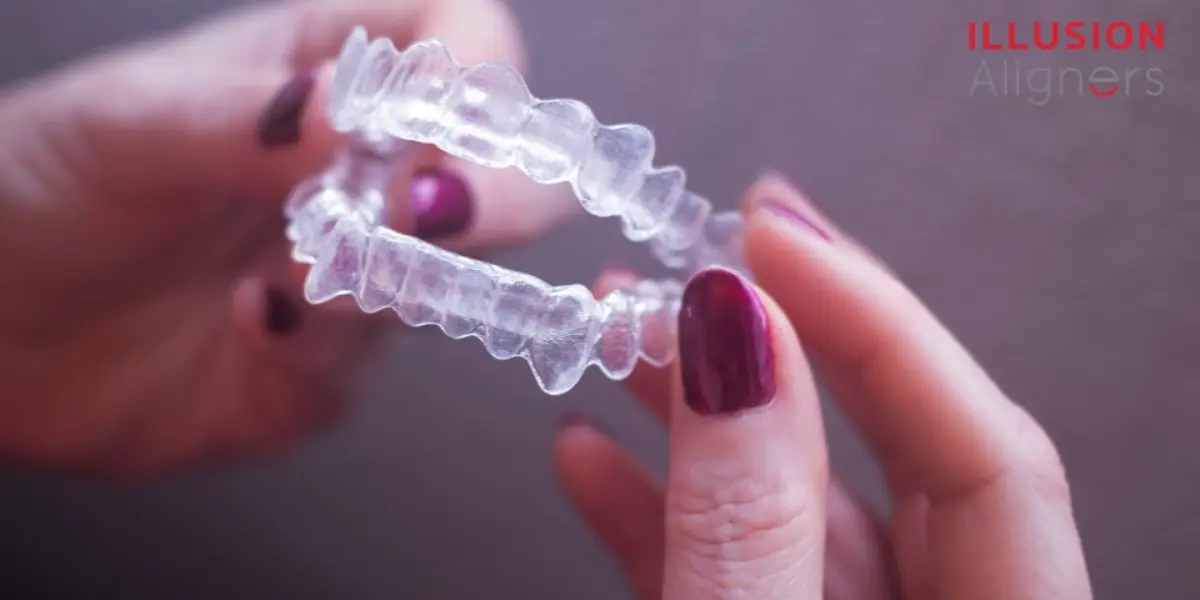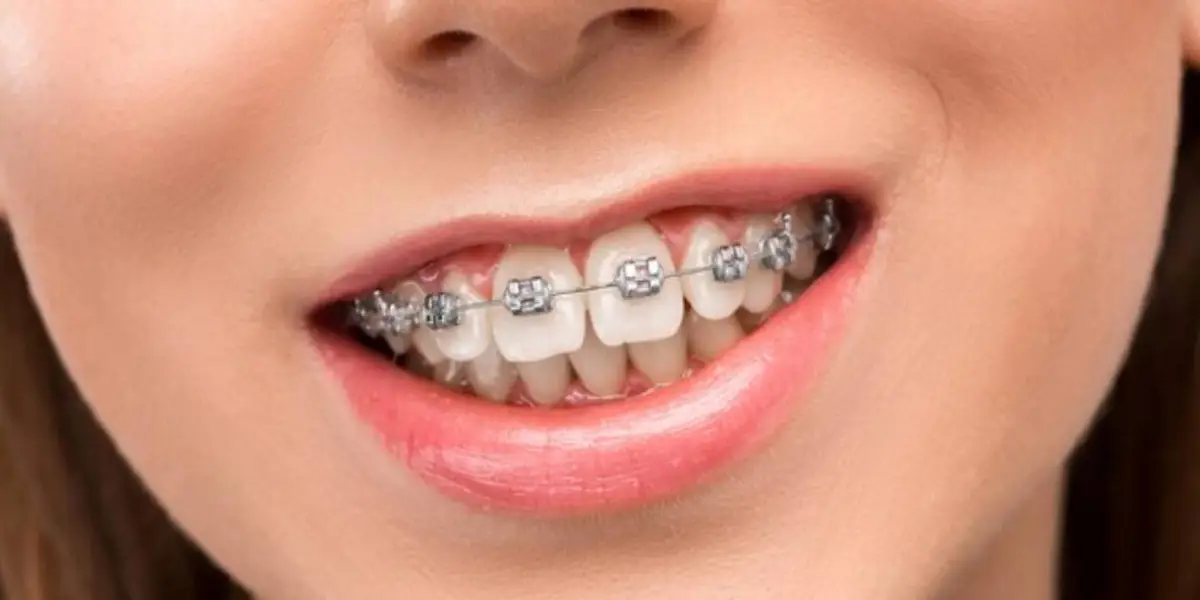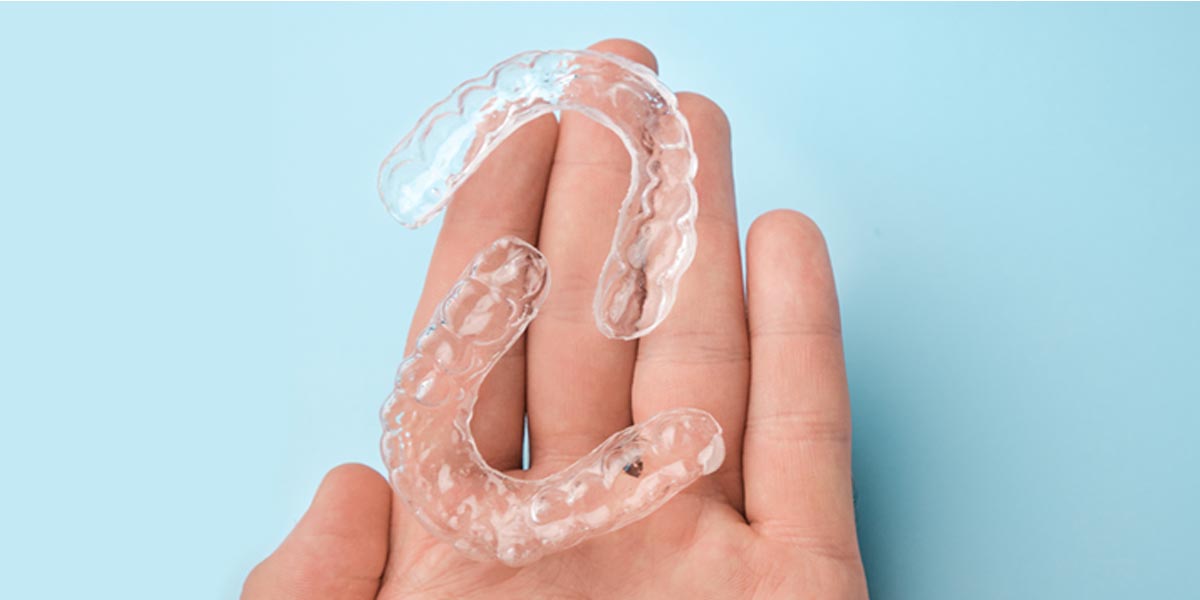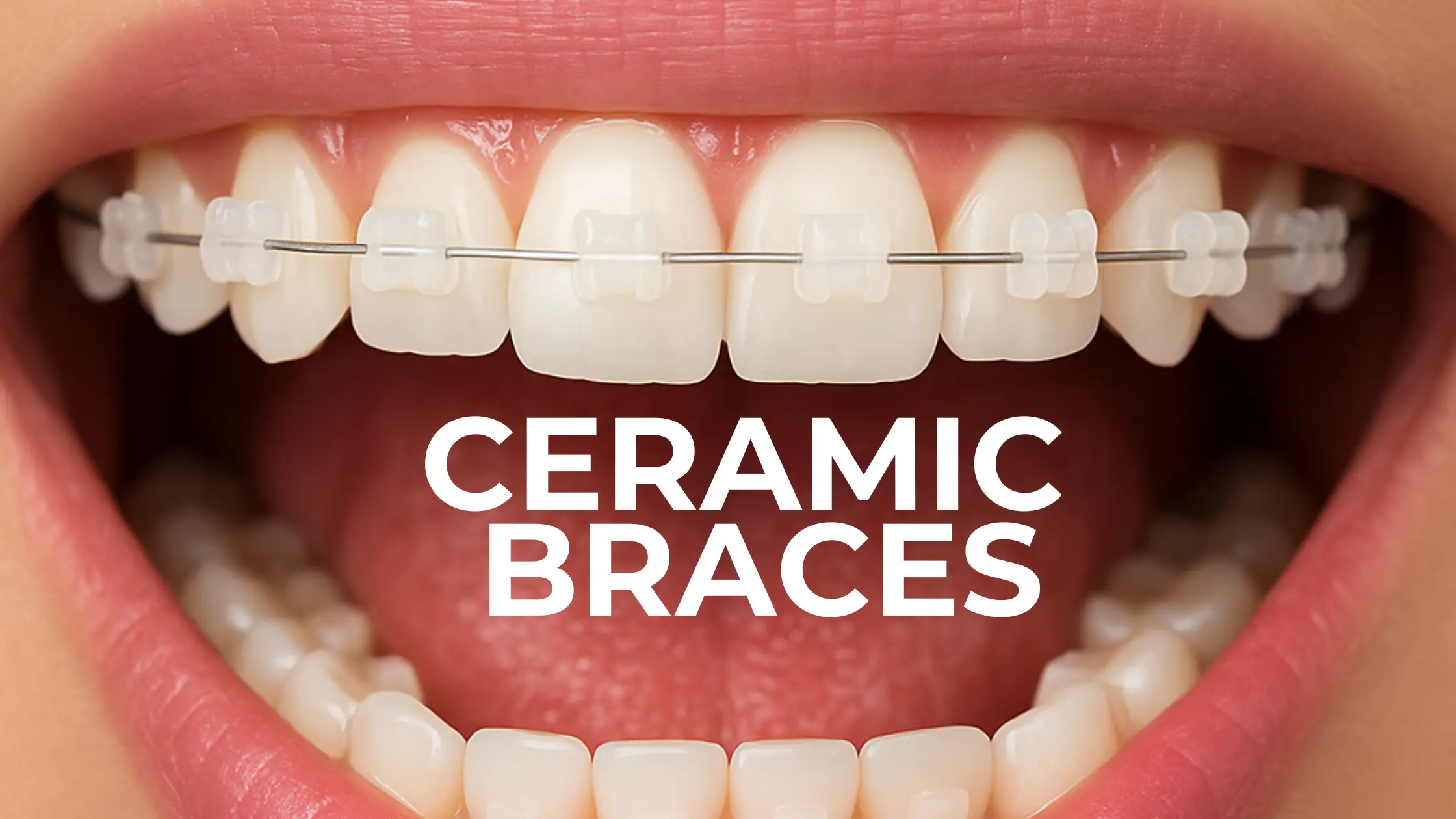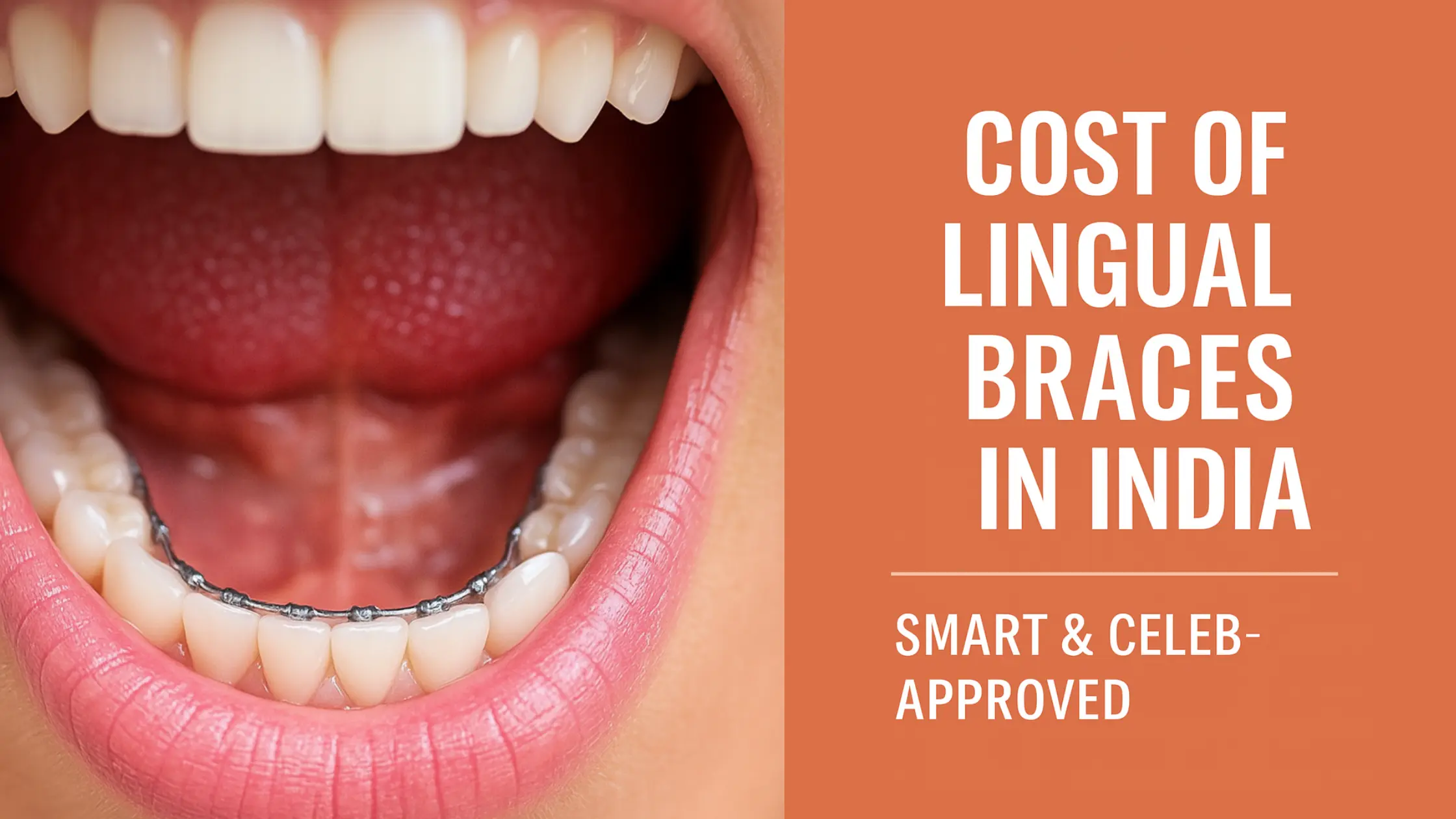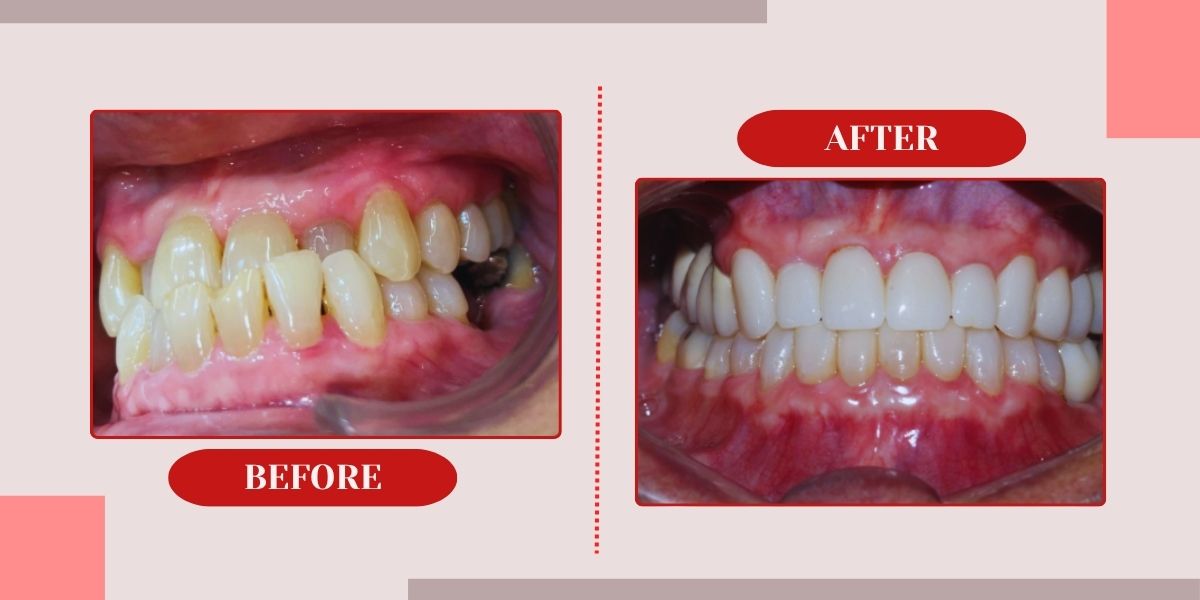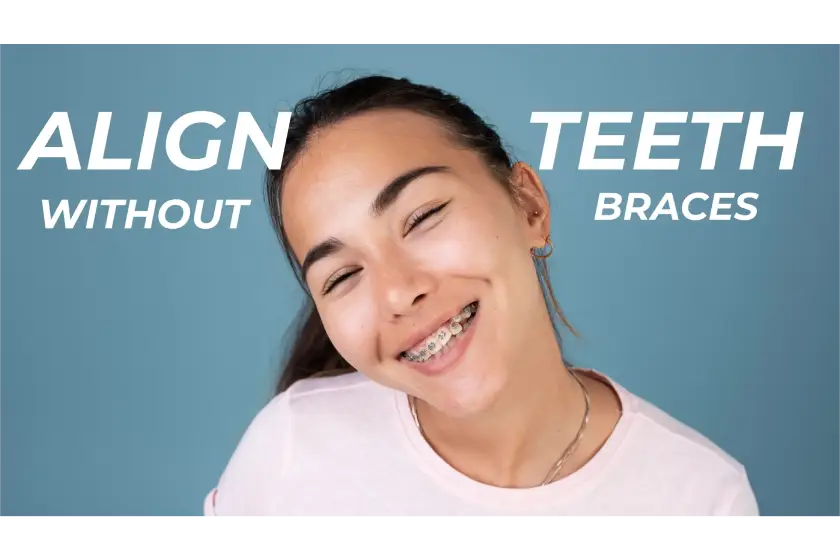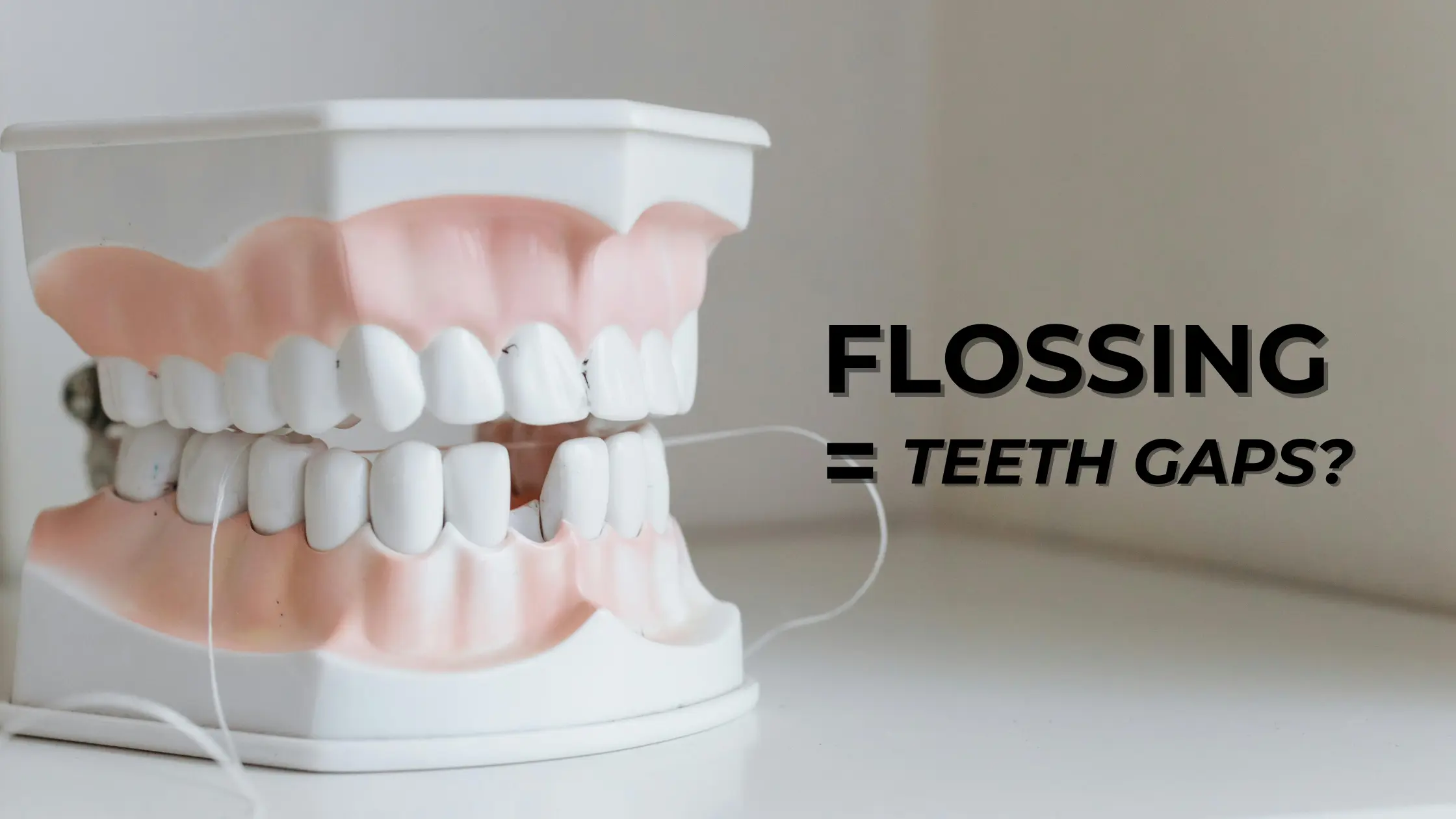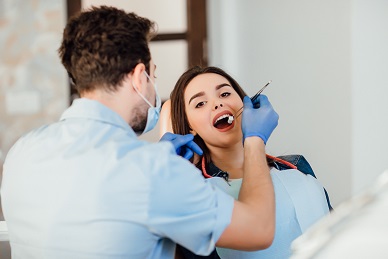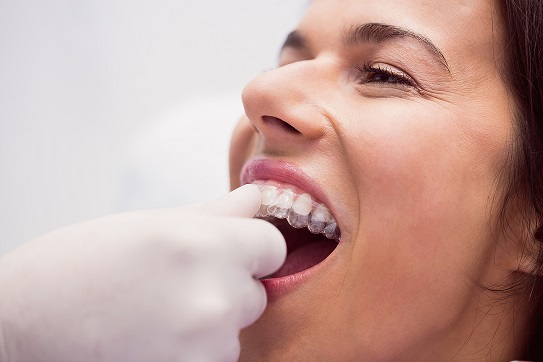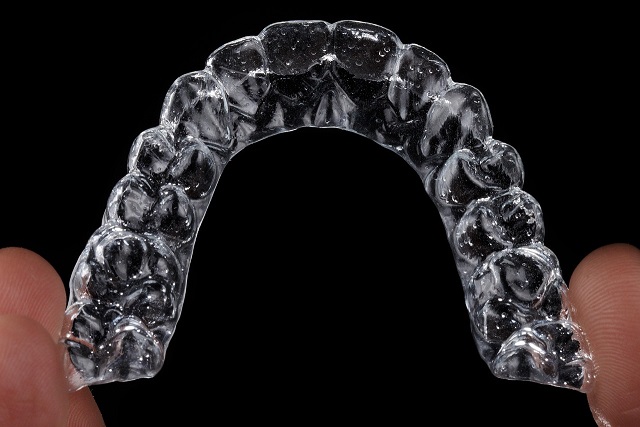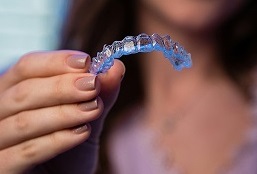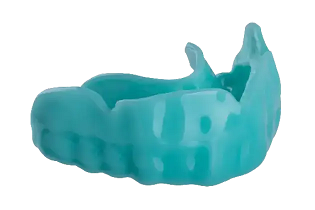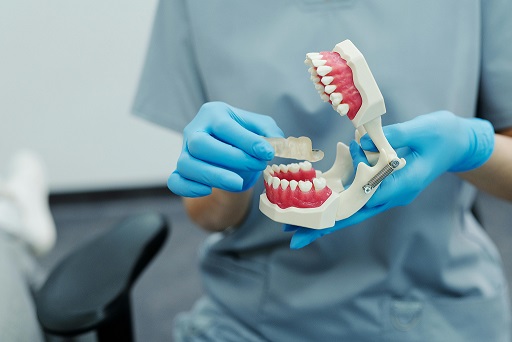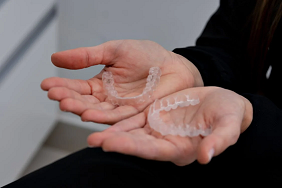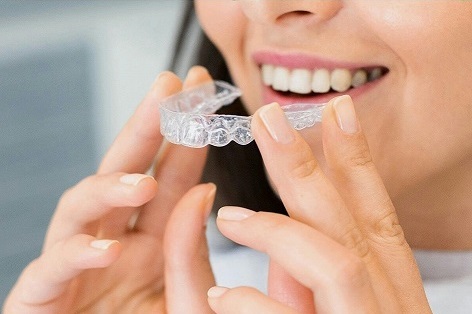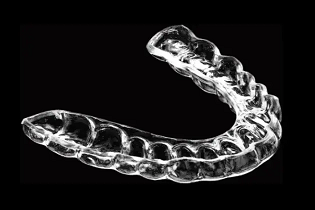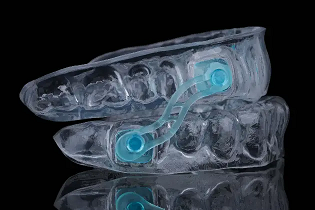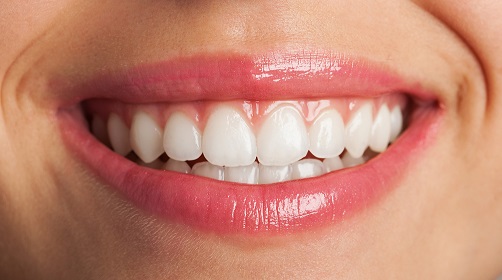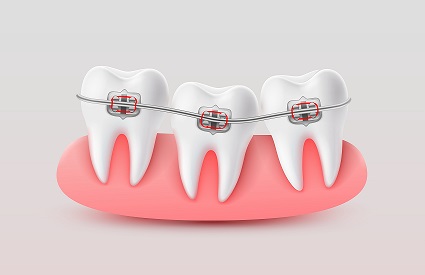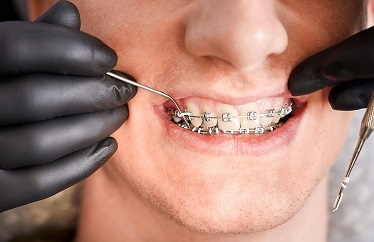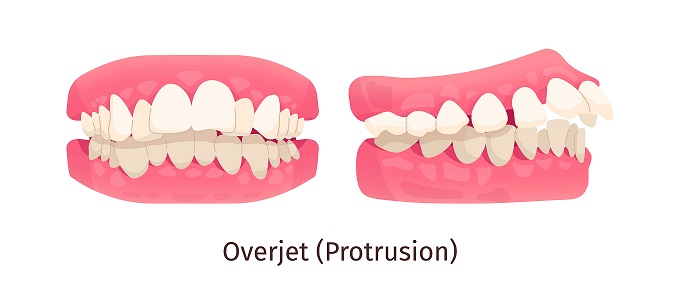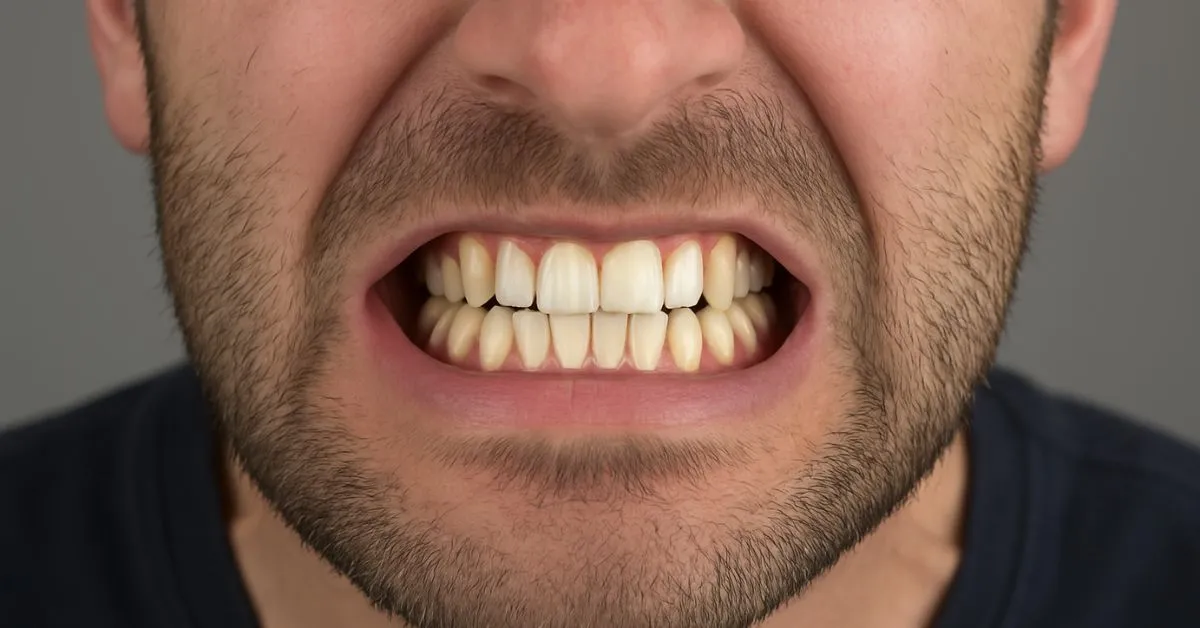
Publish on Aug 18, 2025
Understanding and Naturally Managing Teeth Grinding
Do you wake up with a sore jaw or aching head at times? There are many with you, many people wake up with this ache, and it is a very common issue. You should not ignore it.
Grinding teeth in sleep is also called sleep bruxism. This thing is often not diagnosed but has the potential to damage your oral health, disturb your sleep schedule and might impact your overall health.
What we are trying to do in this blog is to explore the grinding teeth meaning, as to why it happens, how to stop it using the natural remedies, and how a teeth grinding guard or mouth guard for teeth grinding might be what you need next to protect your smile
Grinding Teeth Meaning: What Is It and Why Does It Happen?
Grinding teeth is referred to as bruxism in the medical term. This is a dental condition in which a person has a habit of clenching or grinding their teeth. This habit takes place during the day and can be referred to as awake bruxism, or at night, which can be called sleep bruxism. This one is common than the other one.
The nighttime teeth grinding comes under the sleep-related movement disorder. This is linked with other conditions like snoring, sleep apnea or restless leg syndrome. Bruxism can be entirely subconscious for many people. This can be discovered once the damage or symptoms start to show.
Common Causes of Teeth Grinding
Understanding why you’re grinding your teeth is the first step to finding a solution.
Let’s take a quick look at the most common causes behind teeth grinding:
- Emotions play an important role in our lives here too, stress and anxiety can cause bruxism especially during sleep.
- The second point is sleep disorders; conditions such as obstructive sleep apnea are associated with teeth grinding during sleep in many studies.
- Malocclusion can cause teeth grinding, too; misaligned teeth or an abnormal bite can give rise to clenching and grinding.
- The lifestyle habits you choose also influence teeth grinding. Habits like smoking, excessive alcohol and caffeine intake can increase the risk.
- There are medications like certain antidepressants and psychiatric drugs maybe list bruxism as their side effect.
Signs You May Be Grinding Teeth in Sleep
As we know that this occurs at night most of the time, so many people are not aware of the condition they have until they visit the dentist or experience some discomfort.
Symptoms of Nighttime Teeth Grinding Include:
- Pain in the jaw or even soreness (in the morning)
- You get headaches or even earaches
- The clicking or popping sound in the jaw joint
- Your teeth will look like they are worn out or flattened, even chipped at times
- Tooth sensitivity or pain without decay
- Interrupted sleep or fatigue during the day
- Your partners might hear grinding or clenching sounds at night
If any of the above listed symptoms sound familiar to you, then we advise you to visit your dentist, as you may be grinding your teeth in your sleep and you need treatment.
How to Stop Grinding Teeth in Sleep Naturally
We all prefer the natural solution over any other solution for every situation in our lives. So, before dental interventions and medicines that help, many people prefer to first explore how to stop grinding teeth in sleep naturally. The following are a few holistic and lifestyle based approaches that can help you reduce teeth grinding or even eliminate it completely for a few.
1. Manage Stress and Anxiety
This is the major factor giving rise to teeth grinding. Therefore, it is important to find healthy ways to manage the whole thing, as it can make a huge difference.
- You can start by practicing meditation or deep breathing techniques before sleeping.
- Start with some physical activity to burn out tension.
- Avoid getting into stressful topics or mentally stimulating activities close to your bedtime.
- In severe cases, it is always better to see a therapist or counsellor who can provide you better treatments.
2. Create a Sleep-Friendly Environment
The improved sleep hygiene can make sure your nervous system regulates better and can reduce the involuntary movements while you sleep.
What to do to maintain sleep hygiene?
- Make a proper sleep schedule and stick to it.
- Start by limiting your screen time, and keep aside everything an hour before you sleep.
- Keep your bedroom cool, dark, and quiet.
3. Avoid Stimulants
You should avoid completely or decrease the intake of caffeine, especially in the afternoon and evening.
4. Try Jaw and Facial Exercises
This is an effective method; gentle jaw stretches and massages can really help relax overactive jaw muscles.
- You can start with the simple exercise of opening and closing your mouth slowly and evenly.
- The use of warm compresses on your jaw before bed.
- The big no go is chewing gum or biting non-food stuff like pens or fingernails.
5. Track Your Habits
This is very important to keep updates on your progress and everything. A journal helps you to track your symptoms, when they occur, and what causes them or triggers them. This will help you to identify the patterns and guide your approach towards natural treatments.
Mouth Guard for Teeth Grinding: A Practical Solution
Even with natural strategies in place, many people benefit greatly from using a mouth guard for teeth grinding. These devices act as a protective barrier between the upper and lower teeth, preventing damage caused by clenching and grinding.
Types of Teeth Grinding Guards
- Custom-Fit Night Guard
- Made by dentists and moulded to fit your unique bite.
- Offer maximum comfort and protection.
- Typically, more expensive but very effective.
- Over the Counter (OTC) Guards
- Available at most pharmacies or online.
- Usually boil-and-bite style for a semi-custom fit.
- A cost-effective option for mild cases.
- Soft Night Guards
- Best for light to moderate grinders.
- Comfortable and less bulky.
- Hard Acrylic Guards
- Designed for severe grinding or jaw misalignment.
- Highly durable and protective.
The choice is yours, you can go for either dentist-made or store-bought teeth grinding guard. The important key factor is that you use it consistently. This habit can reduce damage to your teeth and reduce jaw discomfort over time.
When to See a Dentist?
Even when you have tried all the natural remedies to help with your teeth grinding, and yet you find yourself grinding and notice visible wear on your teeth, then it’s time to consult your dentist. Your dentist can go in-depth to check your bite, check for damage, and recommend a teeth grinding guard, which is a mouth guard for teeth grinding.
There are some cases where a dentist refers the patient to a sleep specialist or advises cognitive behavioral therapy (CBT) if stress and anxiety are central to the person’s condition.
Medically Reviewed By Dr Jaineel Parekh, MDS orthodontics
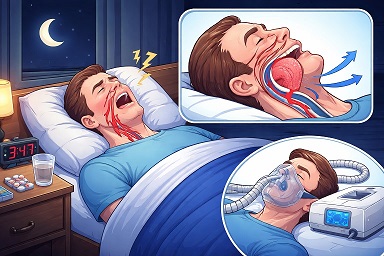
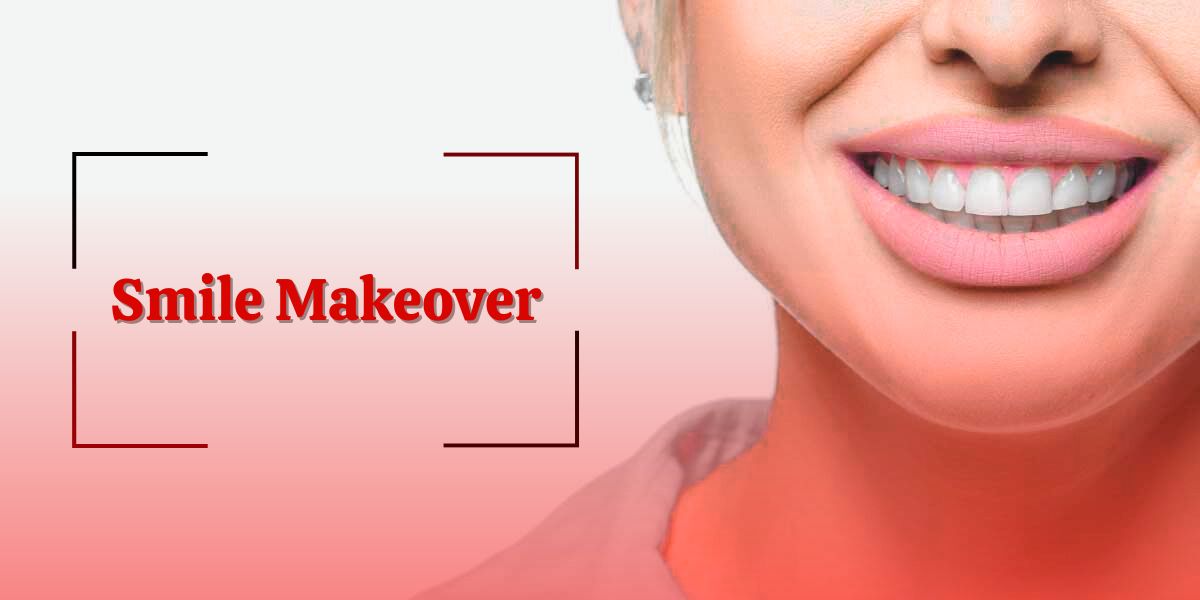
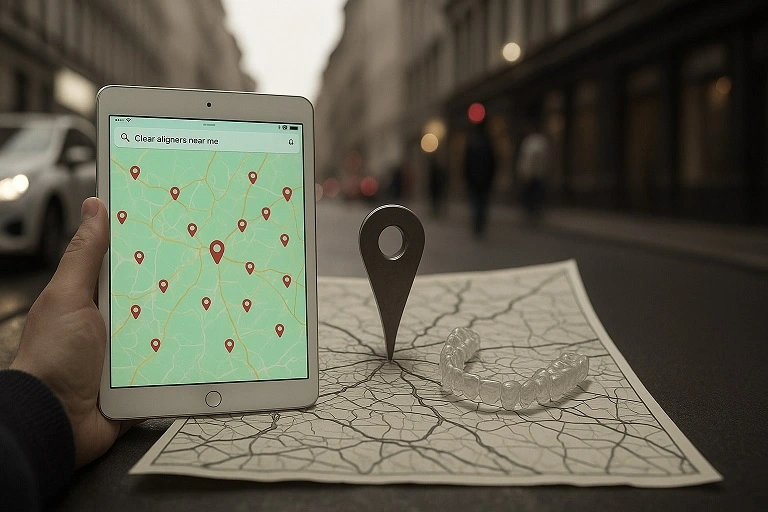
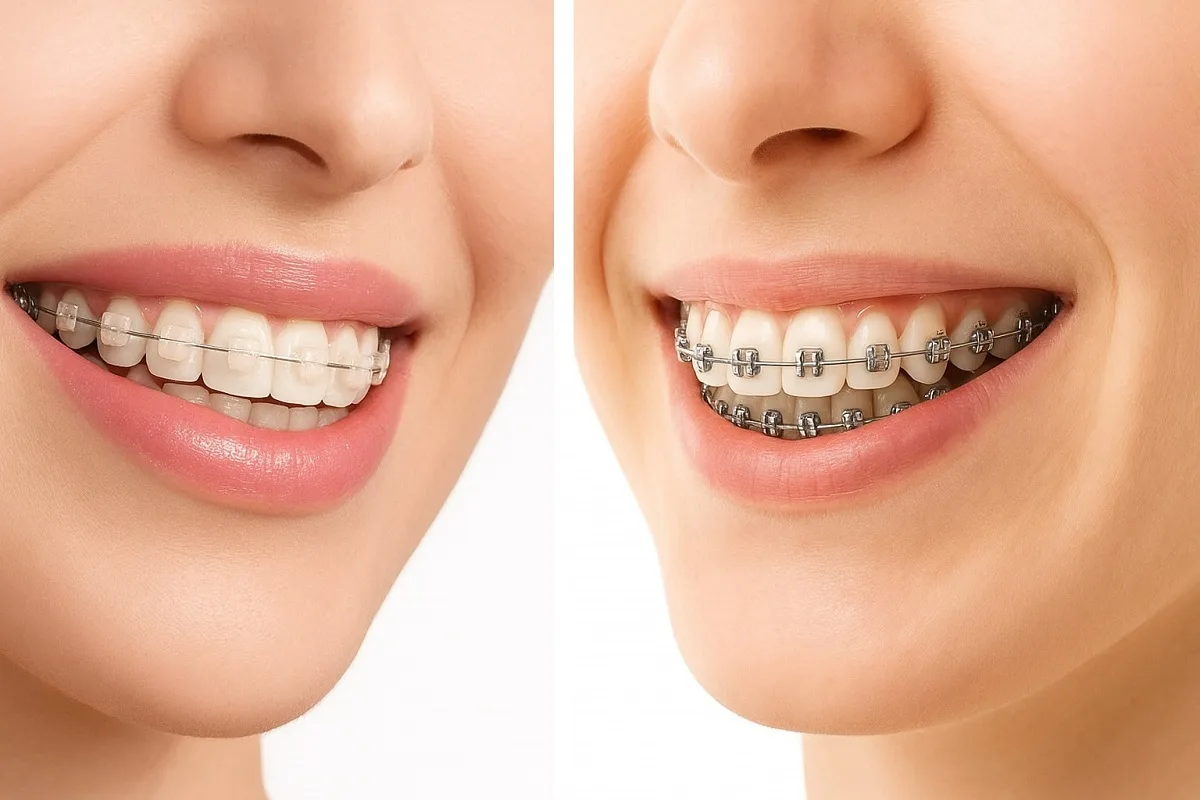
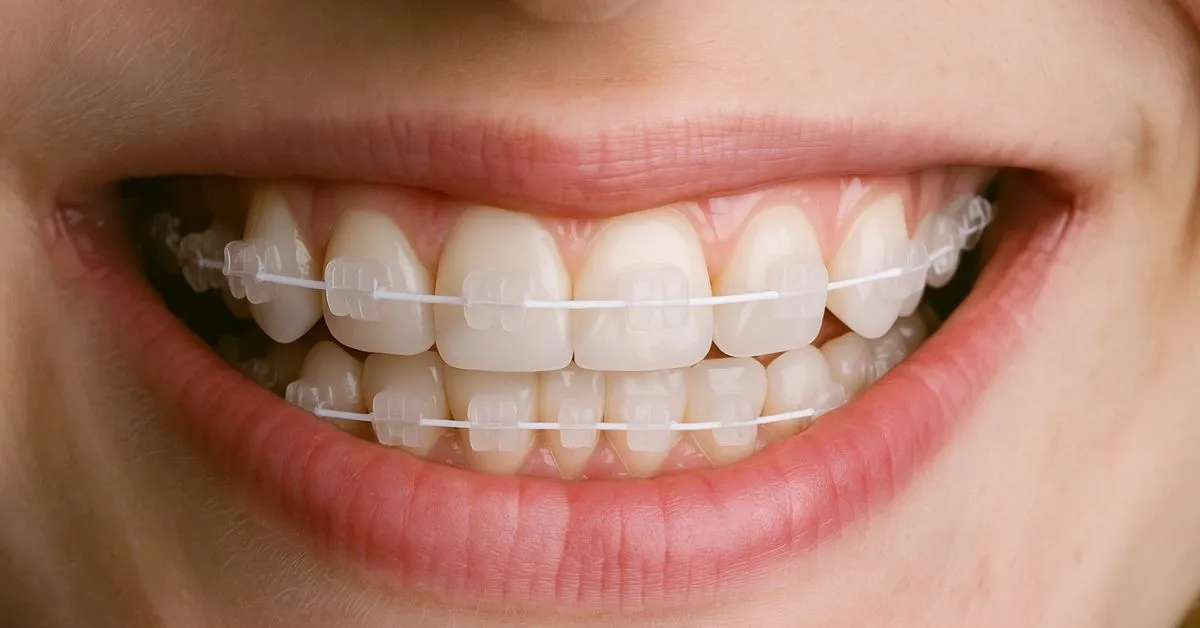
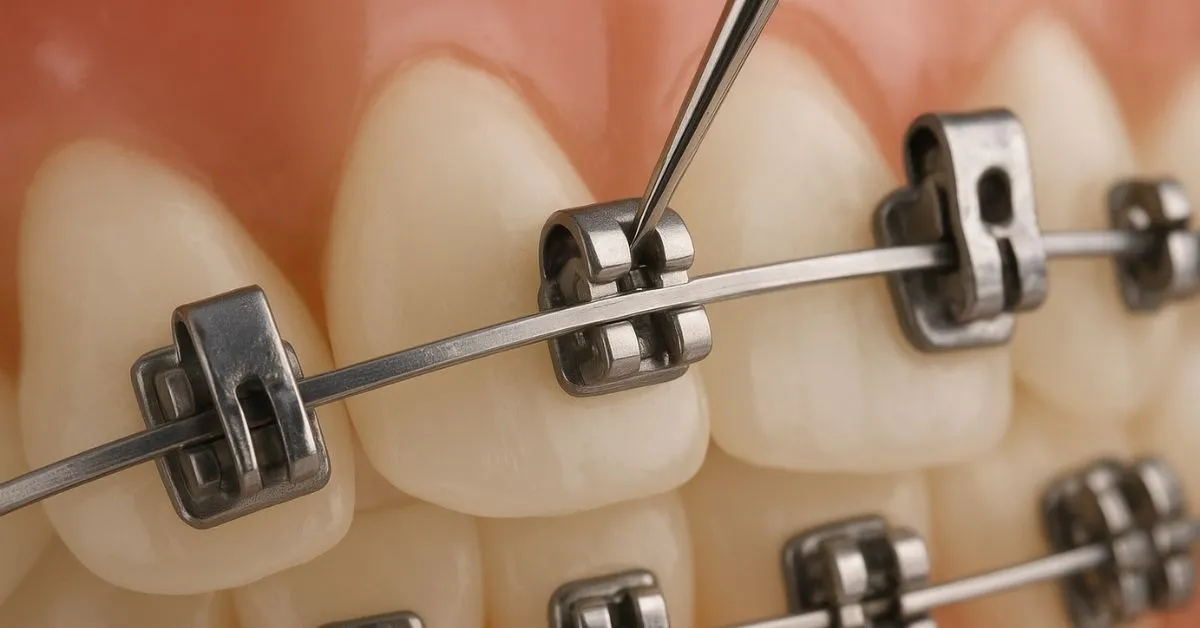
.webp
)
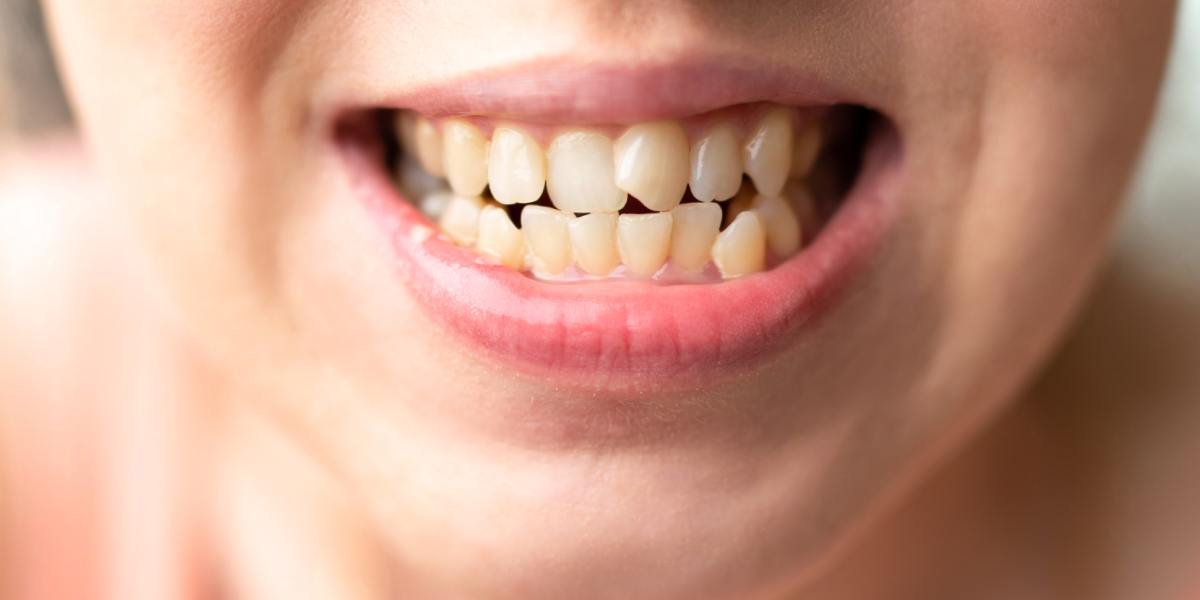
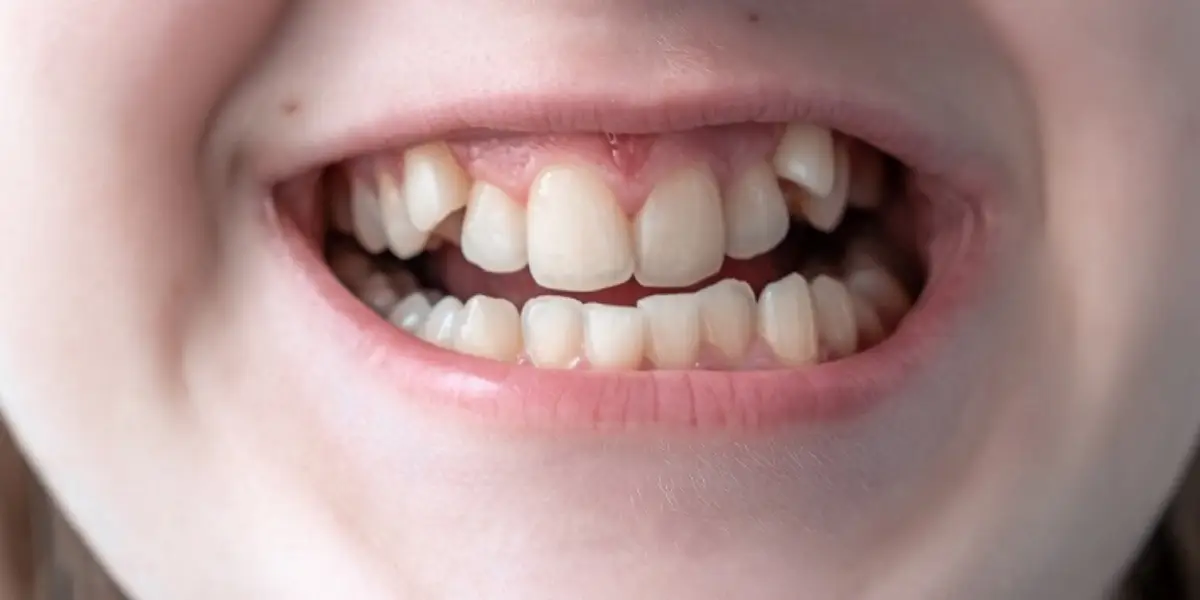
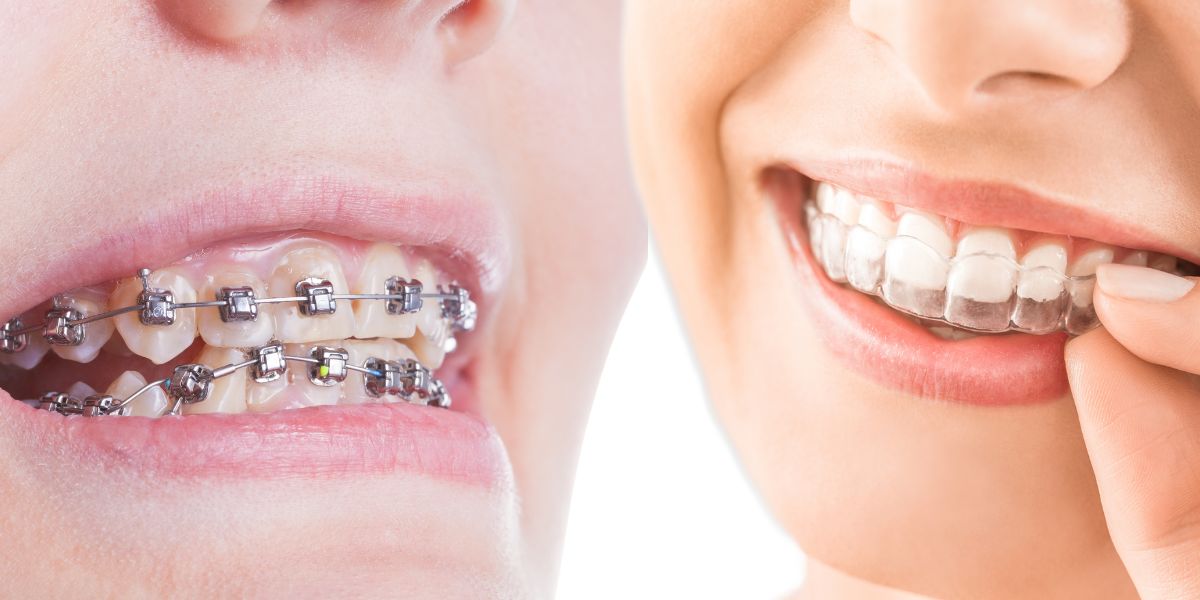
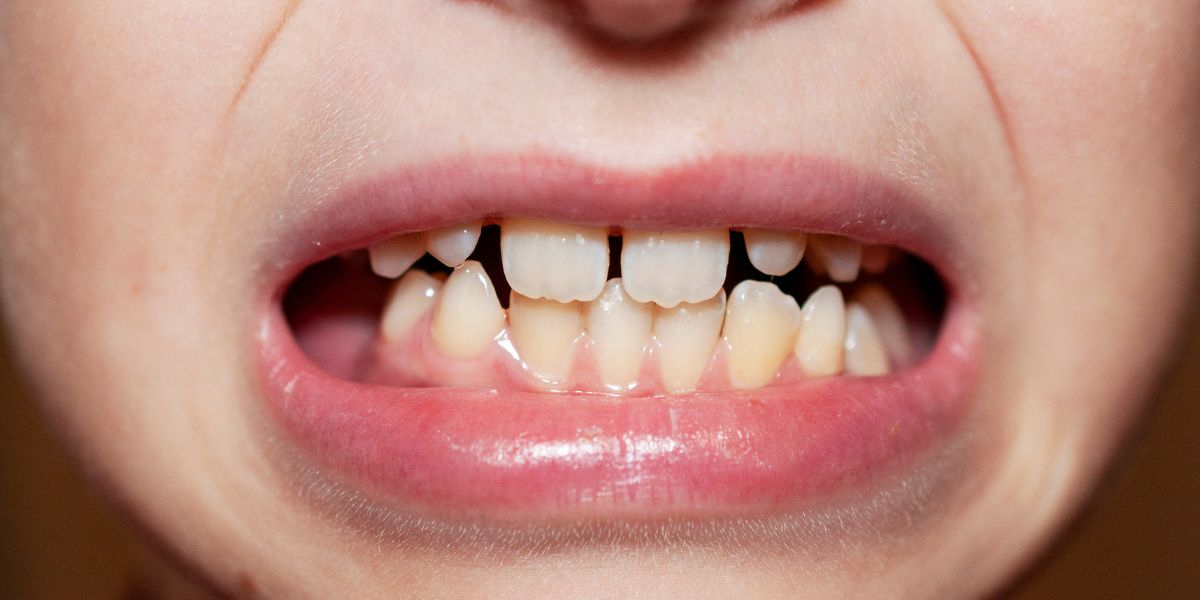
.jpg)
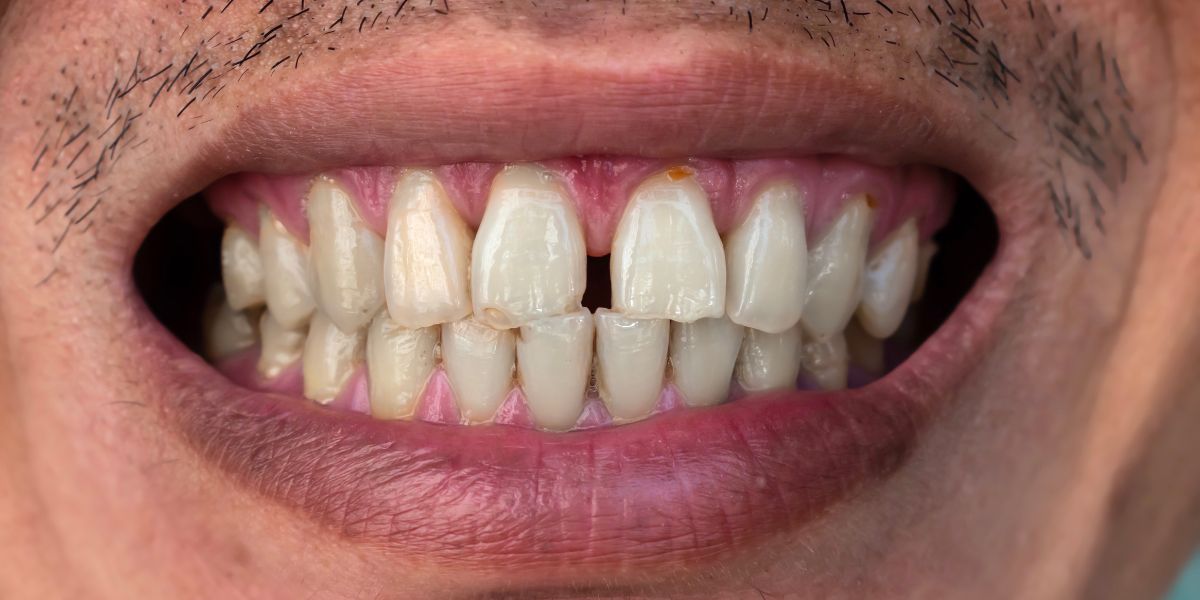
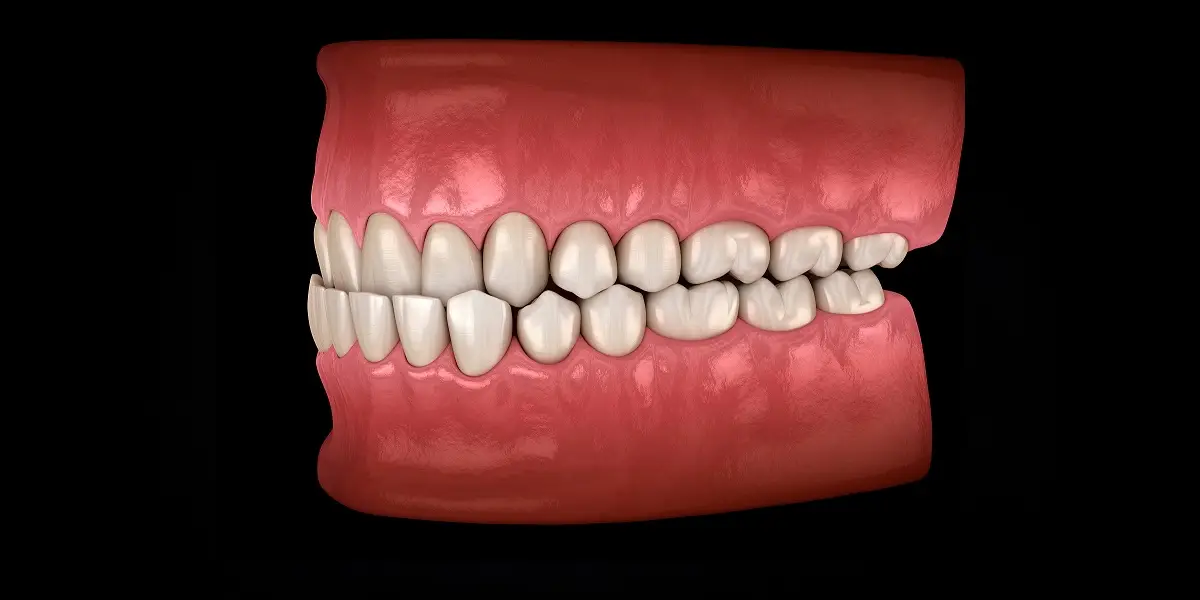
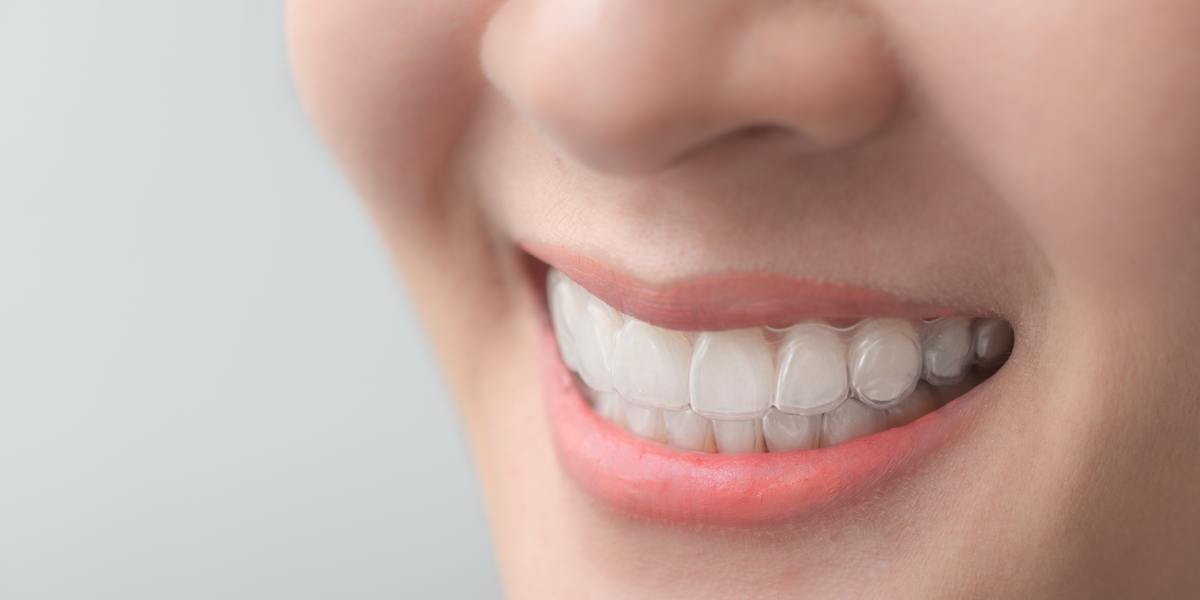

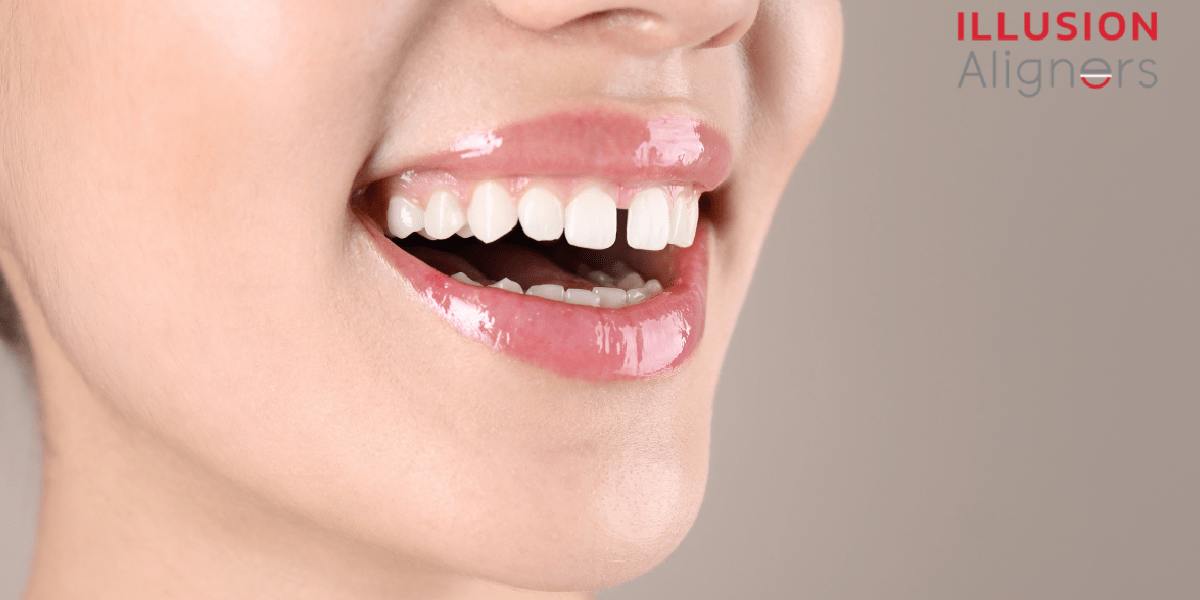
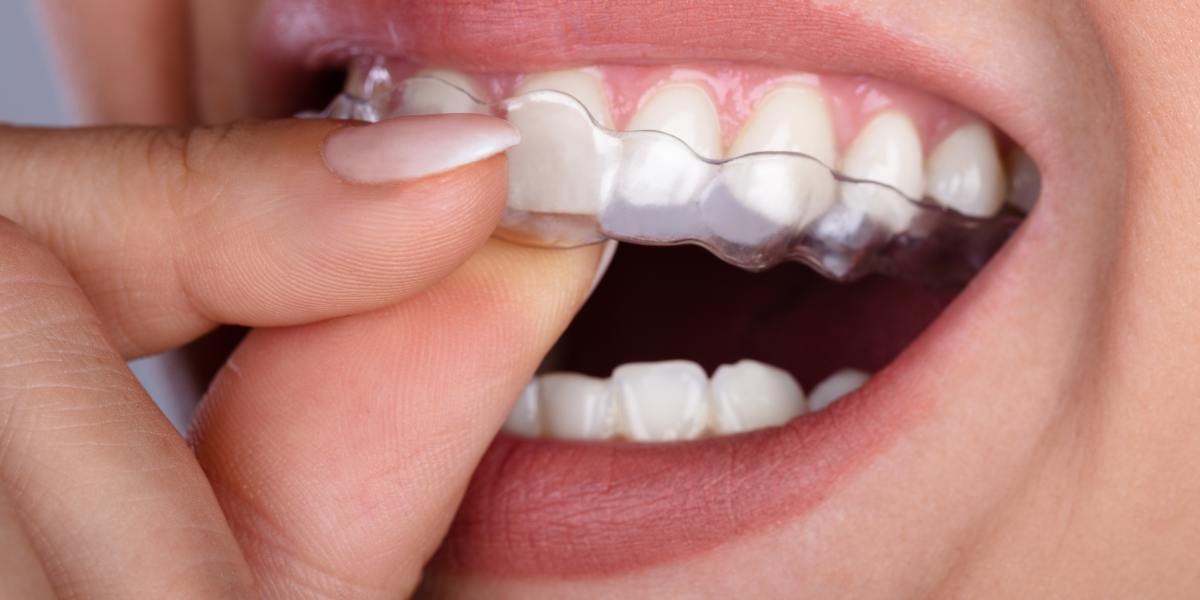
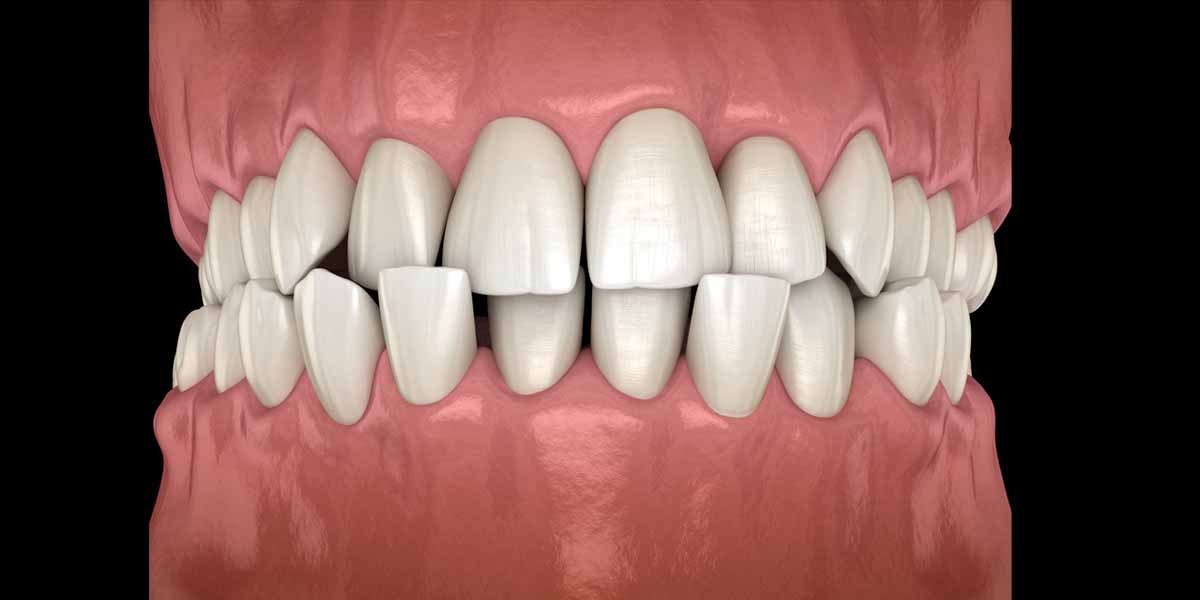
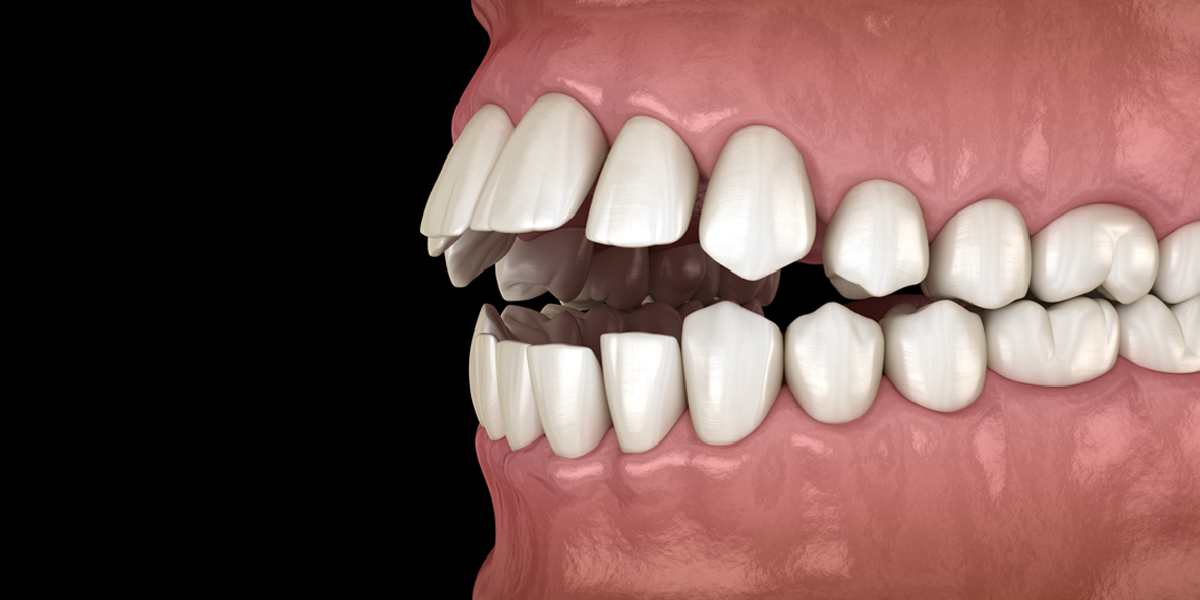
2.jpg)
